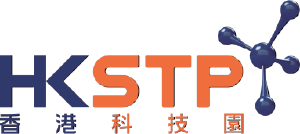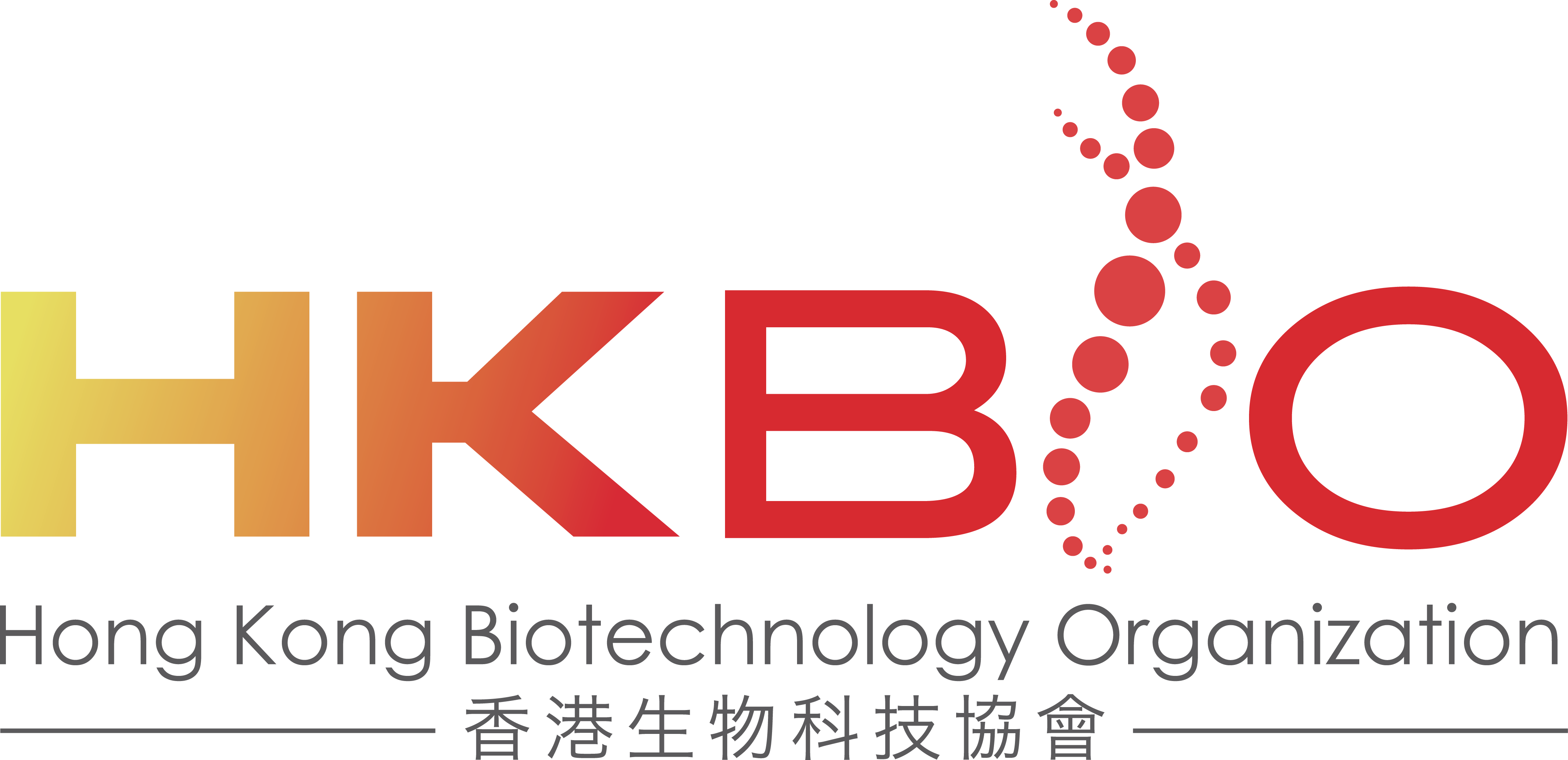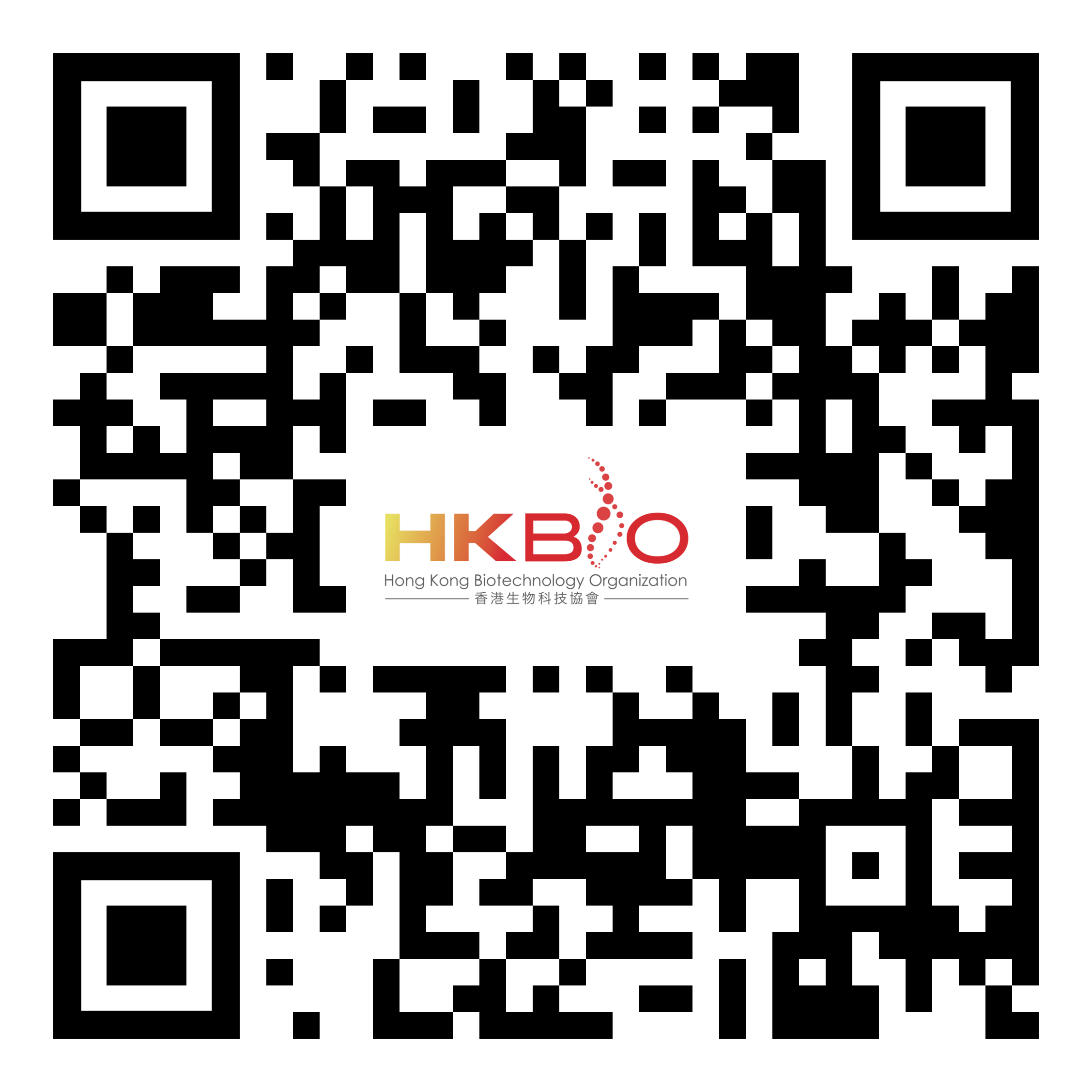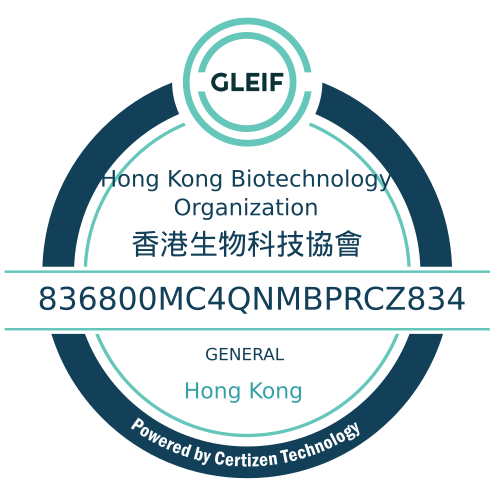May 25 - 28, 2016
Hong Kong Biotechnology Organization (HKBIO) has co-organized with The Chinese Manufacturer's Association of Hong Kong (CMA) and Neuroscience Research Institute of Peking University on the second series Hong Kong Biotech Horizons event namely Ageing Brain in Health which constituted a three-and-a-half-day “12th international conference on brain energy metabolism”
As part of the Hong Kong Biotech Horizons series 2016, HKBIO organized and led the 12th International Conference on Brain Energy Metabolism, titled "Energy Metabolism and Neuron-Glia Interactions in Brain: from Molecular Mechanisms to Novel Therapeutic Approaches". Upholding the principal of creating an interdisciplinary platform comprised of scientific researchers, technology developers and entrepreneurs, designed to combine disciplines, resources, expertise, and techniques, the conference aimed towards preventions, diagnosis, as well as therapies in diverse aspects of brain energy metabolism.
The overall programme included two keynote lectures and nine symposia with twenty-nine of our invited speakers, over 12 countries and regions attended the ICBEM. The 1st Keynote lecturer is Prof. Ursula Sonnewald, from the Norwegian University of Science and Technology (Norway). And the 2nd Keynote lecturer is Prof. Vladimir Parpura from the University of Alabama Birmingham (United States).
The programme’s topics ranged from interactions of various substances of the brain, to regulations of brain metabolism through different mechanisms as well as solutions to effective treatments of metabolic disorders concerning the brain. Collectively, these topics were covered for neurological experts to work together on the extensive and competent world of professionals and researchers on the other.
We had 258 participants from over 20 countries and regions attended the ICBEM, including graduate students, postdoctoral researcher, professors, research scientists and research directors. Furthermore, the event was successfully live webcasted online during the conference period, and there were 240 people viewed the conference online.
We have received very positive feedback from the participants and compliments on the conference were abundant. Over 90% of the respondents agreed presentations were at the frontier of the field according to our survey result and over 85% of them expressed that conference was thought-provoking, stimulating, exciting and they looked forward to the next meeting in 2018.







